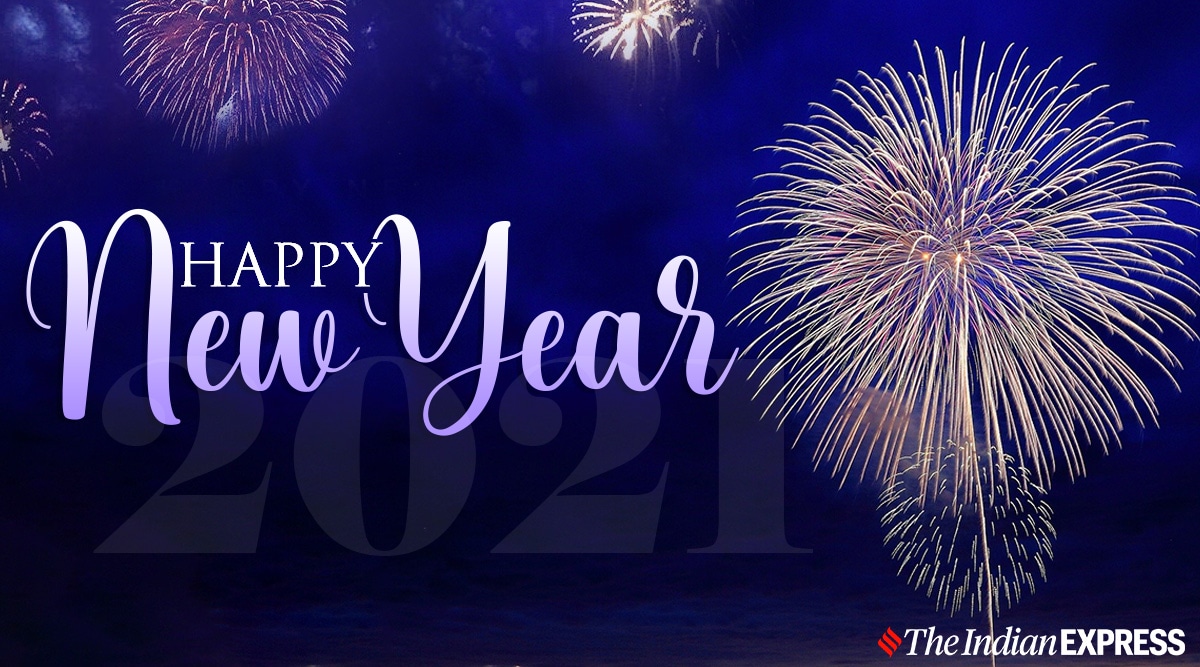NEW YEAR
"Welcoming the New: A Tapestry of Traditions Beyond Diwali and Christmas
New Year Blog

As the echoes of Diwali and Christmas fade away, they pave the way for a universal celebration – the welcoming of a new year. The transition from the Festival of Lights in Hindu tradition and the joyous Christmas festivities in Christian communities sets the stage for reflection, renewal, and anticipation of what lies ahead. Let's explore the unique post-Diwali and post-Christmas atmospheres, and the universal joy that culminates in the dawn of a new year.
Post-Diwali Reverie:
In Hindu culture, Diwali heralds a time of reflection and gratitude. Families come together to celebrate the triumph of light over darkness and to seek blessings from goddess Lakshmi for prosperity. Post-Diwali, there's a sense of renewed hope and positivity. Homes, freshly cleaned and adorned for the festival, become spaces for introspection and goal-setting for the upcoming year.
In the Hindu calendar, Diwali marks the beginning of the new year in some regions, particularly in states following the Vikram Samvat calendar.
Post-Christmas Bliss:
For Christians, the period after Christmas is filled with a serene joy. The celebration of the birth of Jesus and the exchange of gifts create a sense of warmth and togetherness. Post-Christmas, families continue to revel in the holiday spirit, often extending the festive atmosphere until the New Year. It's a time for gratitude, spiritual reflection, and spending quality moments with loved ones.
The Twelve Days of Christmas, celebrated in some Christian traditions, span from December25th to January 5th, culminating in the Feast of the Epiphany.
Universal Resonance:
Beyond cultural and religious nuances, the transition from the festive season to the New Year is a universal phenomenon. It is marked by a collective sense of closure and the opening of new possibilities. People from diverse backgrounds unite in bidding farewell to the past year, cherishing its lessons, and embracing the fresh canvas that the new year presents.
The New Year is celebrated at different times around the world, with various cultures following different calendars. The Gregorian calendar, used in most of the world, marks January 1st as the start of the new year.
Resolutions and Reflections:
Post-Diwali and post-Christmas, many individuals engage in the tradition of making New Year's resolutions. These resolutions often reflect personal and collective aspirations for growth, self-improvement, and fostering positive change in the year ahead.
According to a study, while approximately 60% of people make New Year's resolutions, only about 8% are successful in achieving them.
Conclusion:
As we transition from the glimmering lights of Diwali and the festive joy of Christmas into the embrace of a new year, the universal themes of reflection, gratitude, and hope resonate across cultures. It's a time to weave together the threads of diverse traditions and embark on a journey into the unknown, armed with lessons from the past and aspirations for the future. Wishing you a joyous post-festive season and a New Year filled with blessings, growth, and happiness!



Comments
Post a Comment